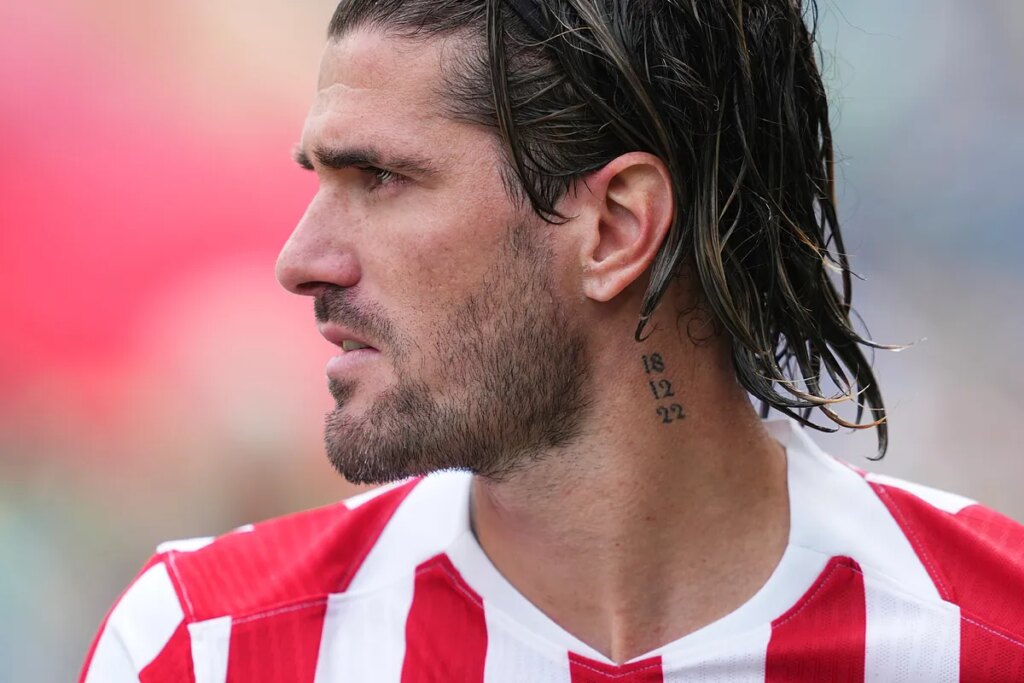When Inter Miami announced Rodrigo De Paul’s loan signing from Atlético Madrid on July 25, 2025, the move stunned European and South American football circles. At 31, the Argentine World Cup winner was coming off one of his best seasons (3 goals, 10 assists in 53 appearances) and remained vital to Diego Simeone’s system.
Simeone openly opposed the transfer, viewing De Paul as a “midfield engine” whose leadership had just helped Julián Álvarez settle at Atlético. Yet with De Paul’s contract expiring in 2026, Atlético faced losing him for a loan-to-buy deal that left the world shocked.de paul deal.
Inter Miami’s acquisition required creative circumvention of MLS’s strict salary rules. With Designated Player (DP) slots occupied by Lionel Messi, Sergio Busquets, and Jordi Alba-whose contracts were too expensive to “buy down”-the club structured De Paul’s transfer as a 2025 loan with a non-guaranteed permanent move in 2026.
In Argentina, De Paul’s decision sparked immediate criticism. Media questioned if he was “thinking about leaving football” less than a year before the 2026 World Cup defense in North America. Critics argued MLS’s lower intensity could erode his sharpness, jeopardizing his role in Lionel Scaloni’s squad.
The timing felt especially jarring given his recent 78th cap for Argentina and his reputation as Messi’s “bodyguard”-a nickname earned through relentless midfield cover during their 2022 World Cup triumph.
For De Paul, the move centered on legacy and reunion. He cited a desire to “write history” with Inter Miami, joining a project “shaping up to be great”. His close bond with Messi-forged over 62 international games and four trophies-proved pivotal. As David Beckham noted: “Rodrigo brings experience, passion, and quality… I’ve admired him for years”.
Redefining MLS Ambitions
Inter Miami’s vision under Jorge Mas is clear: “establish a championship culture” by signing stars “at their peak,” not just veterans chasing final paydays. De Paul fits this ethos-unlike 36-year-old Suárez-but risks abound. To comply with roster rules, Miami traded young striker Leo Afonso to Atlanta United for an international slot, thinning their attacking depth. Meanwhile, De Paul’s delayed visa and ITC paperwork excluded him from the initial Leagues Cup roster, delaying his debut until August.
De Paul’s transfer signals MLS’s evolving appeal. Once a retirement league, it now lures elite players in their prime through cultural pull and creative financing. As Mas boasted: “We’re changing the trajectory of soccer in this country”. For De Paul, the calculus blends opportunity with risk: cement a legacy beside Messi in a rising league, but potentially sacrifice his place in football’s most prestigious tournament.
Read the full article here

